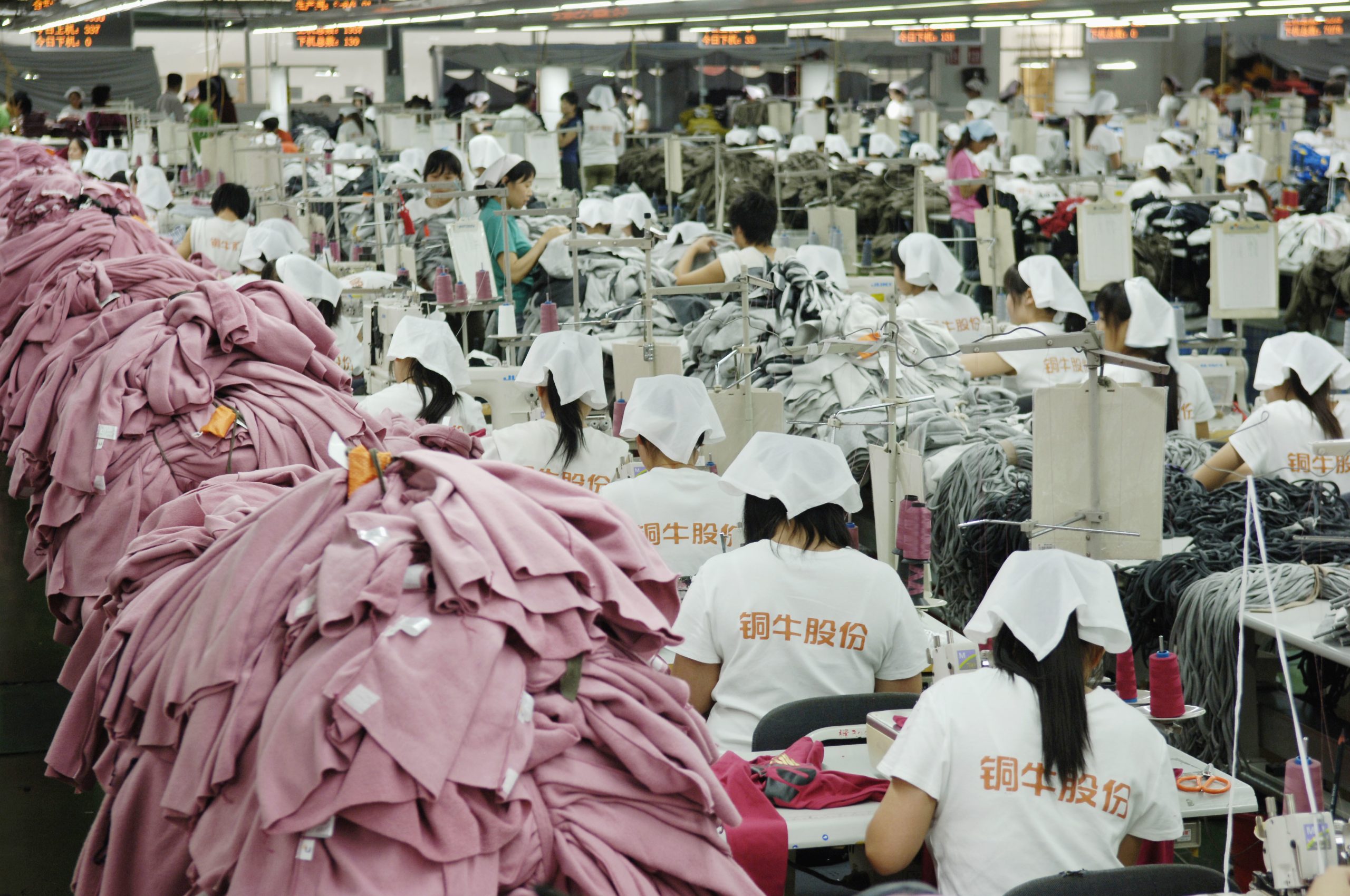Who are We?
At the Global Labour University (GLU) trade unionists study, research and debate together in a global environment. It is a unique opportunity to think about ways towards greater solidarity, freedom and social justice in a deeply unfair and divided world.
The GLU is rooted in the partnership of trade unions, universities, the ILO and labour support organisations across the world. By building a network between workers' organisations and the scientific community, it contributes to the analytical and strategic capacities of labour in debating and acting for social justice.




